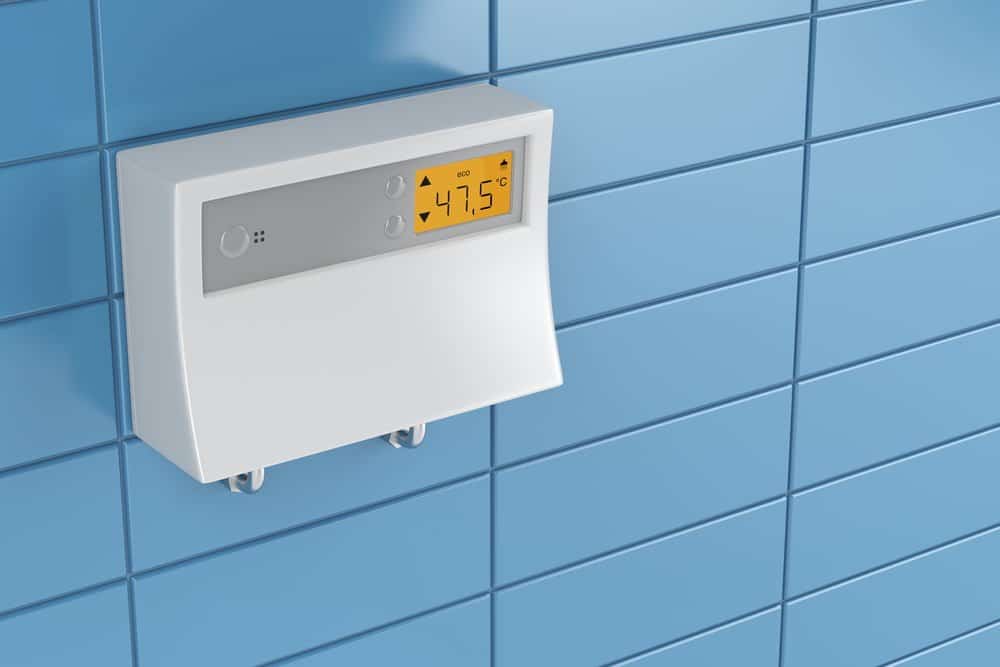As the warmer summer season gives way to fall and eventually winter, homeowners everywhere should be thinking about their water heaters. These vital home items become even more important during the cold season, when warmth is at a premium.
At Expert Services- Plumbing, Heating, Air & Electrical, we can help you with all areas of water heater repair and replacement this time of year. If your heater needs a replacement, modern technology offers you a newer option that may not have been available last time you did this: The tankless water heater. Considering that water heaters make up nearly 20 percent of your home’s electrical output, anything that can reduce this without decreasing your comfort should be something you consider. Let’s look at how tankless water heaters work, plus whether you should be considering one in your home.
How Tankless Heaters Work
Also known as a demand-type water heater, a tankless water heater differs from a traditional option in the way it stores water. Conventional water heaters keep a constant pool of water heated inside them, dispersing this water as needed and then refilling and reheating the tank – as the name suggests, there’s no such tank involved in the tankless process.
Rather, a tankless heater draws its water from a separate supply. When a hot water tap in the home is flipped on, the tankless heater pulls water from a pipe, then heats it quickly using an electric unit or gas burner. The rate of hot water here is very high – up to 2.5 gallons of hot water every minute. If your home or building requires a large amount of hot water, you can consider multiple tanks to meet the demand. Some tankless heater models even come with built-in thermostats that allow you to control the temperatures of water down to the degree.
Benefits
The primary issue with tankless water heaters for some people is their initial cost, which is significantly higher than that of a traditional heater. But over time, they provide major benefits that might make up this gap:
-
Longer working lifespan than conventional options
-
Less space needed during installation (can lower installation cost in some cases)
-
Reduced flooding risk due to no tank present
-
Consistent water temperature at all times
-
Instant hot water availability
-
Better energy efficiency during hot water production
Deciding If It’s Right For You
Per the US Department of Energy, the degree to which a tankless heater can increase your energy efficiency (and thereby lower your costs) depends on the amount of hot water you use per day. Homes that use under 41 gallons per day can see efficiency upticks between 24 and 34 percent, while those that see 86 or more gallons per day will have an 8 to 14 percent increase.
In addition, the Department of Energy has a very simple tool you can use to calculate your yearly water heater cost and decide if a tankless or traditional option makes the most sense.
For more on tankless versus conventional water heaters, or to learn about any of our plumbing services or water heater repairs, speak to the pros at Expert Services- Plumbing, Heating, Air & Electrical today.
